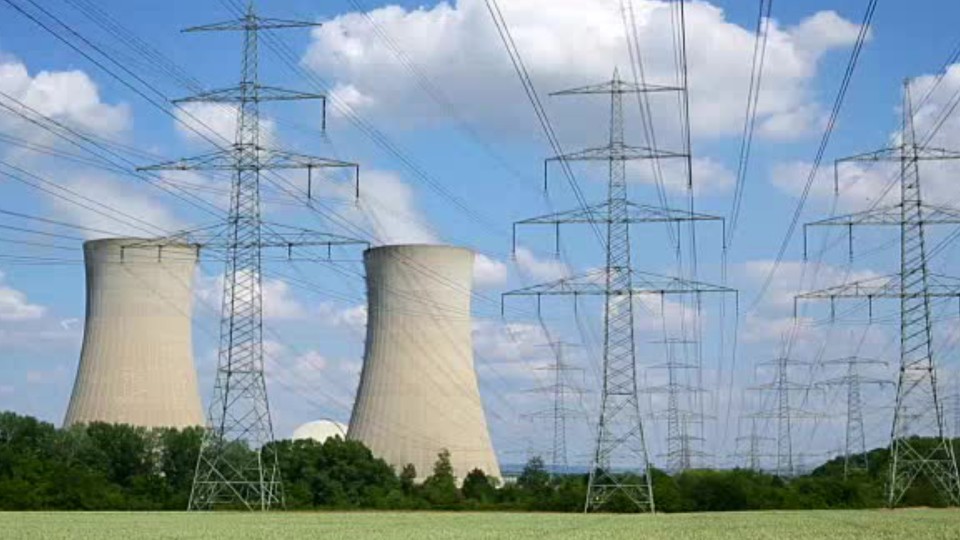Nuclear Engineers
Engineer, Nuclear Engineer, Nuclear Licensing Engineer, Nuclear Reactor Engineer
What they do:
Conduct research on nuclear engineering projects or apply principles and theory of nuclear science to problems concerned with release, control, and use of nuclear energy and nuclear waste disposal.
On the job, you would:
- Design or develop nuclear equipment, such as reactor cores, radiation shielding, or associated instrumentation or control mechanisms.
- Monitor nuclear facility operations to identify any design, construction, or operation practices that violate safety regulations and laws or could jeopardize safe operations.
- Initiate corrective actions or order plant shutdowns in emergency situations.
Knowledge
Engineering and Technology
- product and service development
- computers and electronics
Math and Science
- physics
- arithmetic, algebra, geometry, calculus, or statistics
Arts and Humanities
- English language
Safety and Government
- public safety and security
Skills
Basic Skills
- thinking about the pros and cons of different ways to solve a problem
- using scientific rules and strategies to solve problems
Problem Solving
- noticing a problem and figuring out the best way to solve it
People and Technology Systems
- thinking about the pros and cons of different options and picking the best one
- figuring out how a system should work and how changes in the future will affect it
Abilities
Ideas and Logic
- notice when problems happen
- group things in different ways
Verbal
- communicate by writing
- communicate by speaking
Math
- choose the right type of math to solve a problem
- add, subtract, multiply, or divide
Visual Understanding
- see hidden patterns
Personality
People interested in this work like activities that include ideas, thinking, and figuring things out.
They do well at jobs that need:
- Perseverance
- Stress Tolerance
- Self-Control
- Achievement Orientation
- Intellectual Curiosity
- Cautiousness
Technology
You might use software like this on the job:
Analytical or scientific software
- SAS
- The MathWorks MATLAB
Presentation software
- Microsoft PowerPoint
Development environment software
- Formula translation/translator FORTRAN
- TOTE code
Education
Education: (rated 4 of 5)
bachelor's degree or
master's degree
usually needed
master's degree
usually needed
Job Outlook
Below Average
New job opportunities are less likely in the future.
Explore More
- Chemical Engineers
- Geothermal Production Managers
- Nuclear Monitoring Technicians
- Nuclear Power Reactor Operators
- Nuclear Technicians
You might like a career in one of these industries:
See more details at O*NET OnLine about Nuclear Engineers.






